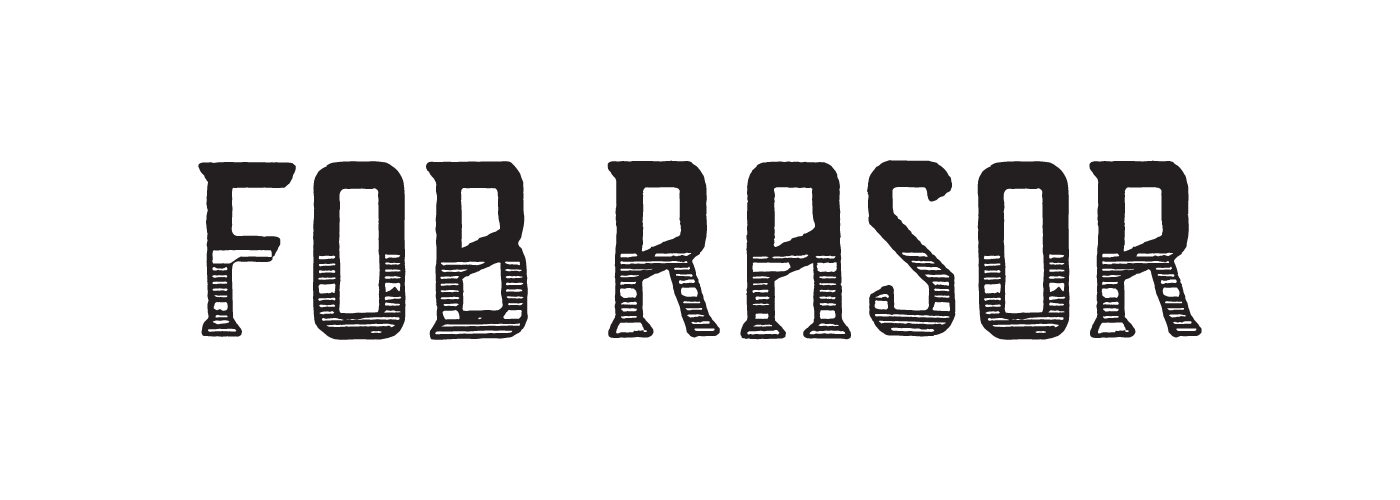Help a Veteran: How Peer Support Can Aid in Addiction Recovery
Recovering from addiction can be an incredibly challenging journey, especially for veterans who have experienced trauma during their service. The road to recovery is often filled with ups and downs, and it can be difficult to navigate without the right support system in place. That's where peer support comes in.
What is Peer Support?
Peer support is a form of assistance provided by individuals who have experienced similar challenges and are in recovery themselves. It involves connecting with others who have gone through similar struggles and can offer guidance, empathy, and understanding. Peer support can take many forms, including one-on-one mentoring, group therapy sessions, or online support communities.
For veterans struggling with addiction, peer support can be particularly beneficial. Veterans often face unique challenges when it comes to addiction recovery, such as post-traumatic stress disorder (PTSD) and the stigma associated with seeking help. Connecting with fellow veterans who have overcome similar obstacles can provide a sense of camaraderie and understanding that is difficult to find elsewhere.
The Benefits of Peer Support for Veterans
There are numerous benefits to engaging in peer support as a veteran in addiction recovery:
1. Shared Experience:
One of the most significant advantages of peer support is the shared experience. Veterans who have struggled with addiction can relate to the unique challenges faced by their peers. This shared understanding creates a sense of trust and allows for open and honest communication. It can be incredibly comforting to know that you are not alone in your struggles and that others have successfully overcome similar obstacles.
2. Empathy and Understanding:
Peers who have experienced addiction and recovery firsthand can offer a level of empathy and understanding that is difficult to find elsewhere. They can relate to the emotions, thoughts, and struggles that veterans face during their recovery journey. This empathy and understanding can provide a safe space for veterans to share their experiences, fears, and successes without fear of judgment.
3. Role Models:
Peer support allows veterans to connect with individuals who have successfully navigated the challenges of addiction recovery. These individuals can serve as role models and sources of inspiration for veterans who may be early in their recovery journey. Seeing someone who has overcome similar obstacles and achieved long-term sobriety can instill hope and motivation.
4. Practical Advice and Guidance:
Peers who have successfully recovered from addiction can offer practical advice and guidance based on their own experiences. They can share strategies for coping with cravings, managing triggers, and navigating the ups and downs of recovery. This practical advice can be invaluable for veterans who may be unsure of where to turn or how to navigate the challenges they face.
5. Building a Support Network:
Peer support provides an opportunity to build a strong support network of individuals who understand the unique challenges faced by veterans in recovery. This network can provide ongoing support, encouragement, and accountability throughout the recovery journey. Having a strong support system in place is crucial for long-term success in addiction recovery.
How to Access Peer Support
There are several ways veterans can access peer support:
1. Veteran Support Groups:
Many organizations offer support groups specifically for veterans in addiction recovery. These groups provide a safe and supportive environment for veterans to connect with peers who understand their unique challenges. They often include structured discussions, educational sessions, and opportunities for socializing and building relationships.
2. Online Communities:
There are numerous online communities and forums dedicated to supporting veterans in addiction recovery. These communities provide a platform for veterans to connect with peers from around the world, share their experiences, and offer support and encouragement. Online communities can be particularly beneficial for veterans who may have limited access to in-person support groups.
3. One-on-One Mentoring:
Some organizations offer one-on-one mentoring programs where veterans are paired with a mentor who has successfully recovered from addiction. These mentors provide ongoing support, guidance, and accountability to veterans as they navigate their recovery journey. One-on-one mentoring can be a highly personalized and effective form of peer support.
4. Treatment Programs:
Many addiction treatment programs incorporate peer support into their treatment plans. These programs may include group therapy sessions, peer-led support groups, or peer mentoring programs. Engaging in a treatment program that includes peer support can provide a comprehensive and holistic approach to addiction recovery.
In Conclusion
Peer support can be a powerful tool for veterans in addiction recovery. Connecting with peers who have experienced similar challenges can provide a sense of understanding, empathy, and inspiration. Whether through support groups, online communities, or one-on-one mentoring, peer support offers a unique and valuable form of assistance that can greatly enhance the recovery journey for veterans.
Excerpt: Recovering from addiction can be an incredibly challenging journey, especially for veterans who have experienced trauma during their service. The road to recovery is often filled with ups and downs, and it can be difficult to navigate without the right support system in place. That's where peer support comes in...
